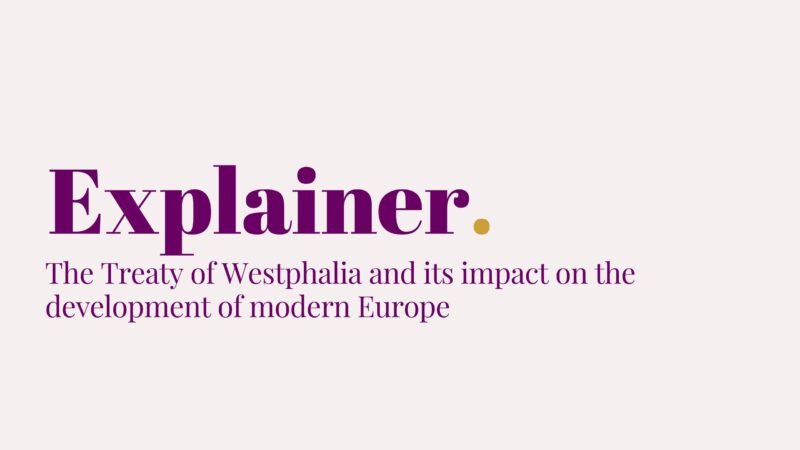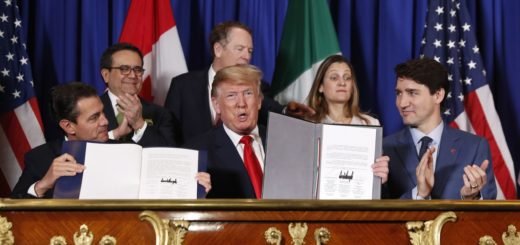Explainer: The Treaty of Westphalia and its impact on the development of modern Europe

The Treaty of Westphalia was a series of peace agreements signed between the Holy Roman Empire and the Kingdom of France in 1648, ending the Thirty Years’ War in the Holy Roman Empire and the Eighty Years’ War between Spain and the Dutch Republic. The Treaty is considered to be one of the most important international agreements in modern European history and marked the end of the feudal system and the beginning of the modern state system.
The main provisions of the Treaty included:
- Recognition of the independence of the Dutch Republic and the Swiss Confederation.
- The establishment of the principle of cuius regio, eius religio, meaning that the religion of a ruler would determine the religion of their subjects. This meant that if a ruler was Catholic, their subjects had to be Catholic as well, and if a ruler was Protestant, their subjects had to be Protestant.
- The recognition of the rights of the German states, including the Holy Roman Empire, to self-governance and the establishment of a system of mutual guarantees of territorial integrity and sovereignty.
- The establishment of the principle of equal treatment for Catholics and Protestants within the Holy Roman Empire.
- The end of the Papacy’s political power in Europe and the establishment of the principle of state sovereignty, meaning that each state would be free to determine its own laws, policies, and religion.
The Treaty of Westphalia has had a lasting impact on international relations and the development of the modern state system. Its provisions helped to lay the foundation for the idea of the nation-state, with each state having a defined territory, government, and population. Additionally, the principles of state sovereignty and non-interference in the affairs of other states have become central tenets of international law.
The Treaty of Westphalia has had a significant impact on the development of modern Europe. Some of its key impacts include:
- The end of feudalism and the beginning of the modern state system: The Treaty recognized the independence of the German states, established the principle of cuius regio, eius religio, and marked the end of the feudal system. This laid the foundation for the modern state system, where each state has a defined territory, government, and population.
- The establishment of the principle of state sovereignty: The Treaty established the principle of state sovereignty, meaning that each state would be free to determine its own laws, policies, and religion. This helped to create the modern nation-state system and gave rise to the idea of non-interference in the affairs of other states.
- The beginning of religious toleration: The Treaty recognized the rights of both Catholics and Protestants within the Holy Roman Empire, marking the beginning of religious toleration in Europe. This paved the way for the eventual decline of religious wars and the growth of religious freedom and pluralism.
- The decline of the power of the Papacy: The Treaty marked the end of the Papacy’s political power in Europe and the establishment of the principle of state sovereignty. This helped to reduce the power of the Church and paved the way for the growth of secularism and the decline of religious influence in government.
- The beginning of the balance of power: The Treaty helped to establish a system of mutual guarantees of territorial integrity and sovereignty, which gave rise to the idea of the balance of power in Europe. This helped to prevent wars between states and maintain stability in Europe for centuries to come.



















